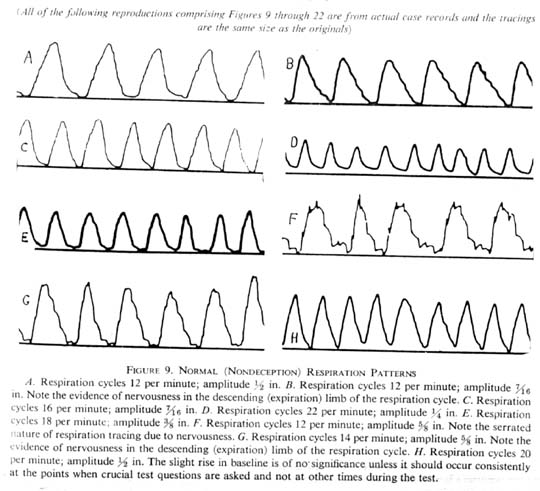(UTC) |
| Welcome, Guest. Please Login or Register |

|
|
| News: | ||
|
You can enhance your privacy when browsing and posting to this forum by using the free and open source Tor Browser and posting as a guest (using a fake e-mail address such as nobody@nowhere.com) or registering with a free, anonymous ProtonMail e-mail account. Registered users can exchange private messages with other registered users and receive notifications. In addition, check out our live chat server. |
||
| AntiPolygraph.org Message Board › Polygraph and CVSA Forums › Polygraph Policy › Add Poll ( Re: FBI pre-employment polygraph questions ) |
| Topic Summary - Displaying 17 post(s). |
|
Posted by: Trump2020 Posted on: Oct 28th, 2018 at 11:13pm |
|
|
Posted by: Malleus Maleficarum Posted on: Mar 25th, 2004 at 3:20am |

|
|
Posted by: Unfffingbelievable Posted on: Mar 25th, 2004 at 2:02am |

|
|
Posted by: George W. Maschke Posted on: Mar 24th, 2004 at 9:10pm |

|
|
Posted by: beech trees Posted on: Mar 24th, 2004 at 8:52pm |

|
|
Posted by: Anonymous Posted on: Mar 24th, 2004 at 8:46pm |

|
|
Posted by: Hilarious Posted on: Mar 24th, 2004 at 5:12pm |

|
|
Posted by: George W. Maschke Posted on: Mar 24th, 2004 at 10:31am |
|
|
Posted by: Hilarious Posted on: Mar 24th, 2004 at 2:21am |
|
|
Posted by: Anonymous Posted on: Mar 24th, 2004 at 12:42am |
|
|
Posted by: Marty Posted on: Mar 23rd, 2004 at 11:14pm |
|
|
Posted by: George W. Maschke Posted on: Mar 23rd, 2004 at 10:48pm |

|
|
Posted by: Marty Posted on: Mar 23rd, 2004 at 10:36pm |

|
|
Posted by: George W. Maschke Posted on: Mar 23rd, 2004 at 7:51pm |

|
|
Posted by: Anonymous Posted on: Mar 23rd, 2004 at 6:12pm |
|
|
Posted by: George W. Maschke Posted on: Mar 23rd, 2004 at 9:56am |
|
|
Posted by: Concerned Applicant Posted on: Mar 23rd, 2004 at 8:55am |

|
 |
AntiPolygraph.org Message Board » Powered by YaBB 2.6.12!
YaBB Forum Software © 2000-2024. All Rights Reserved.






